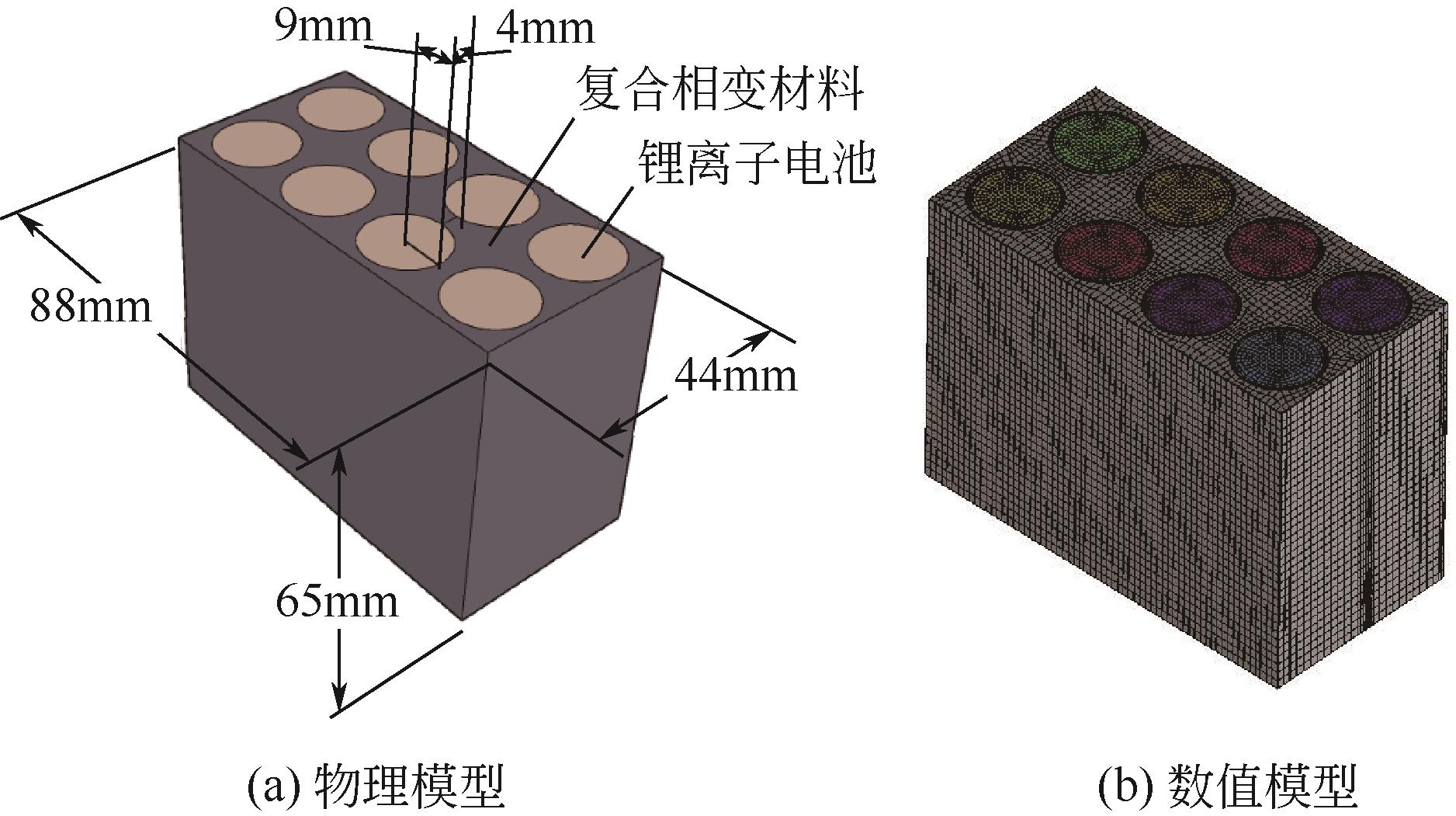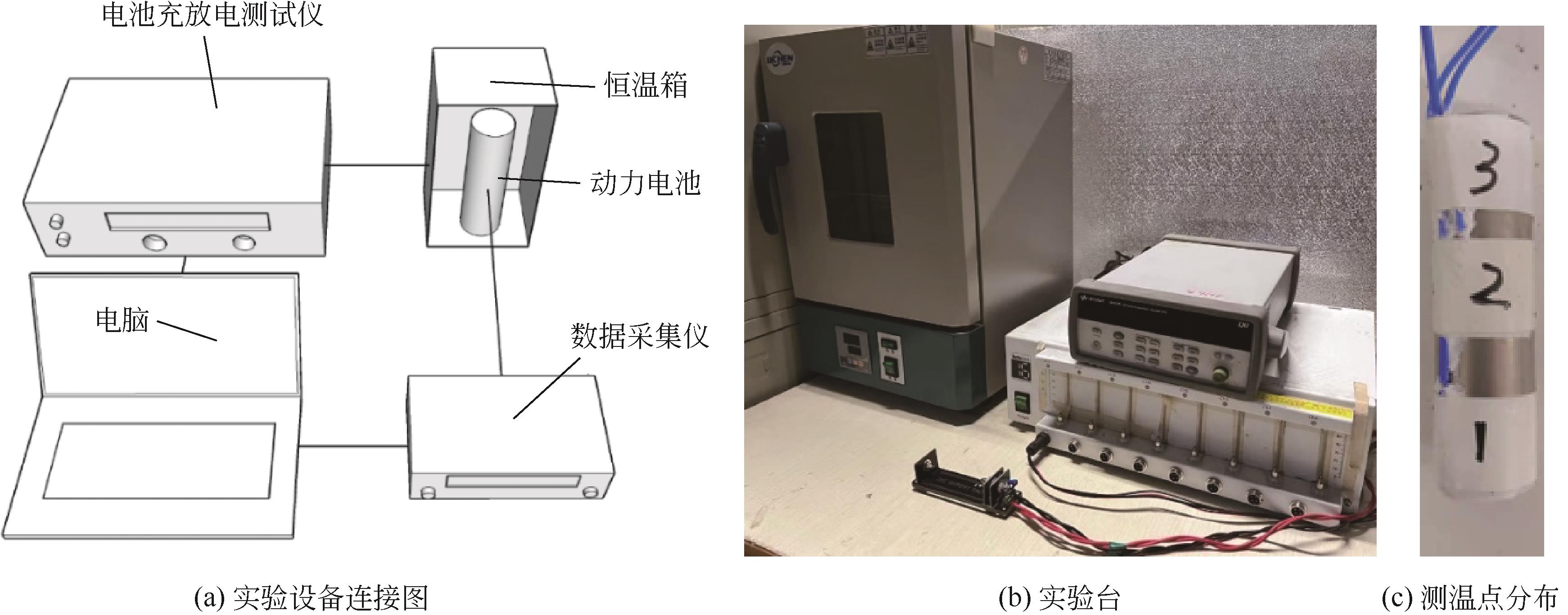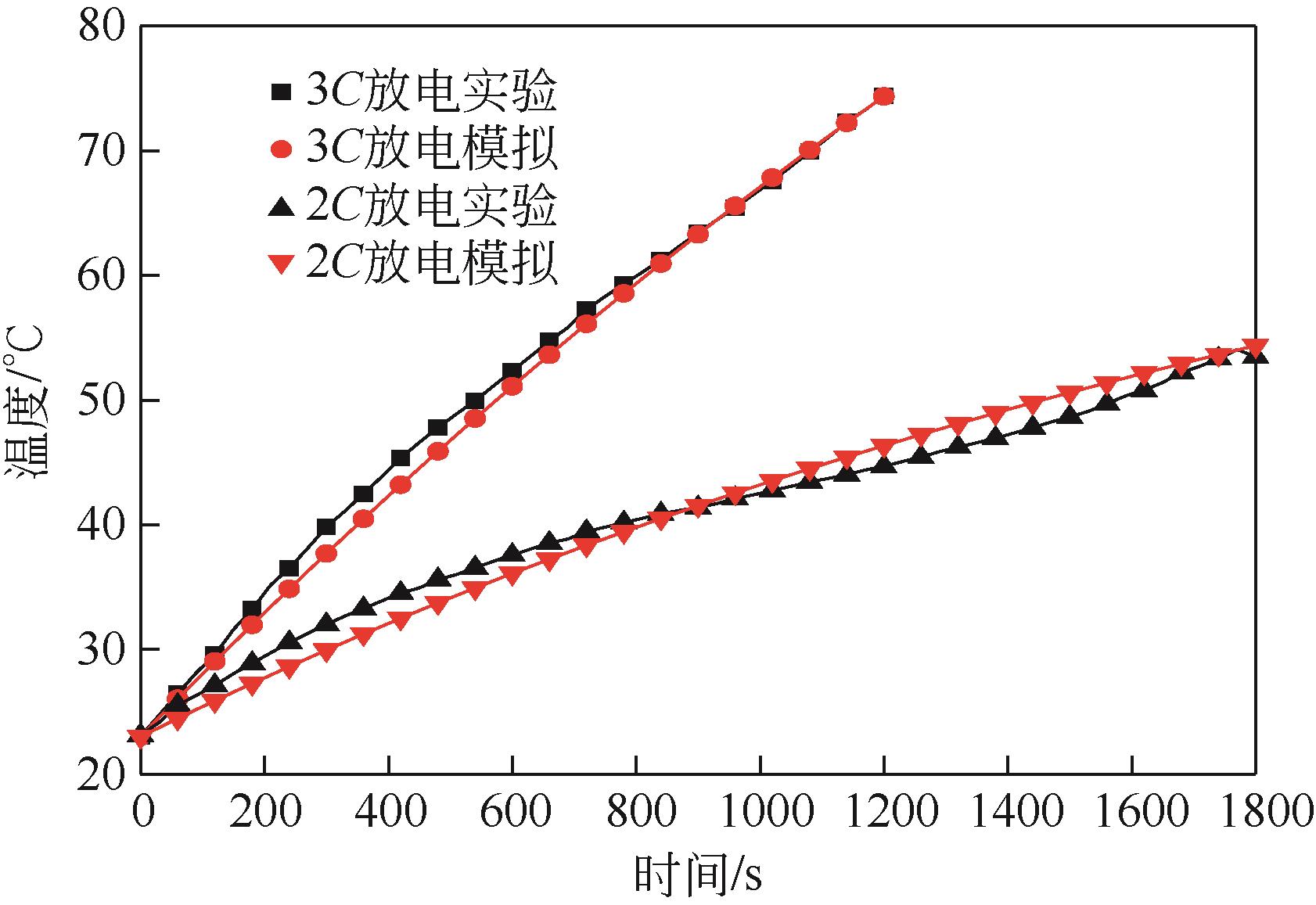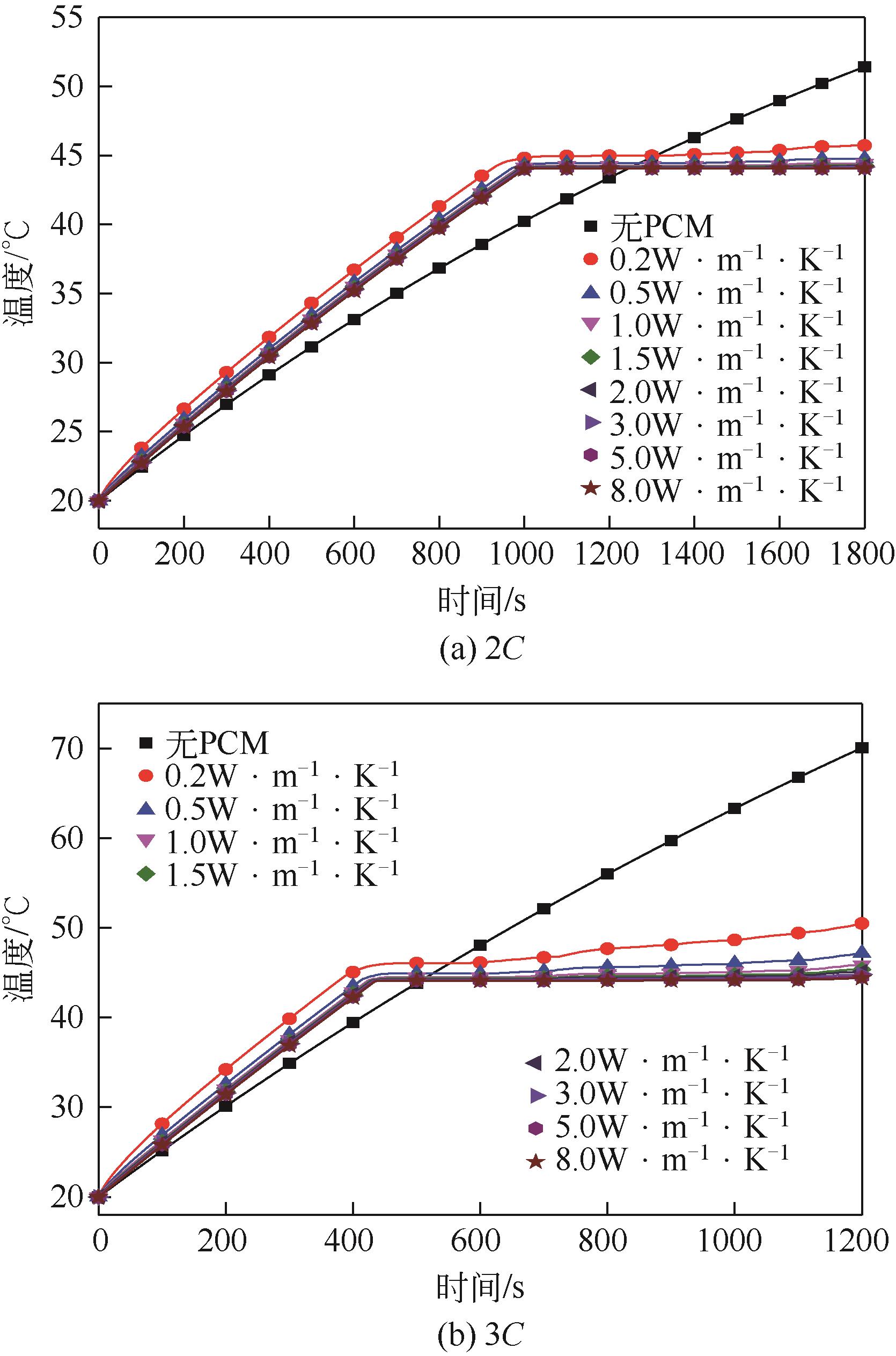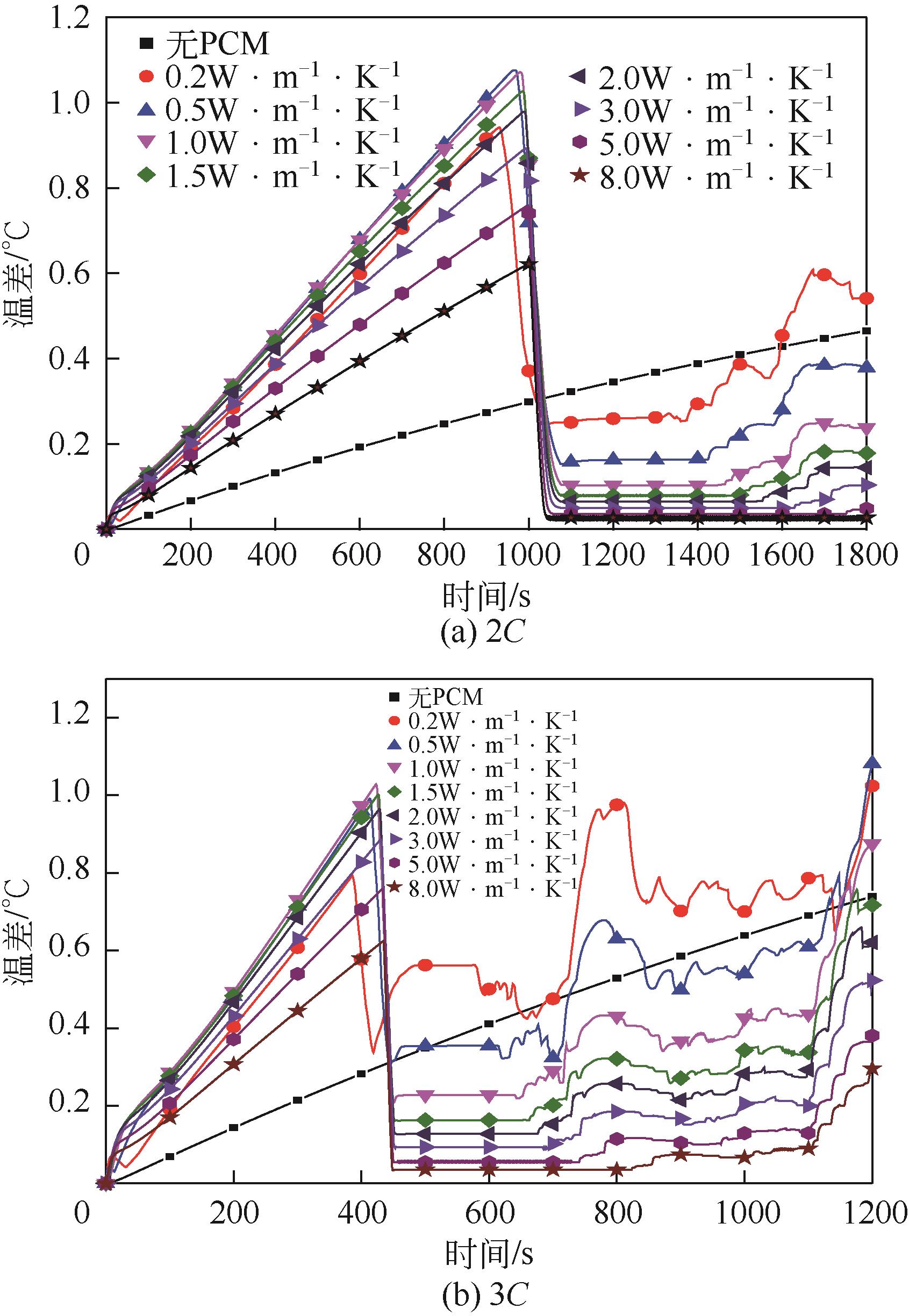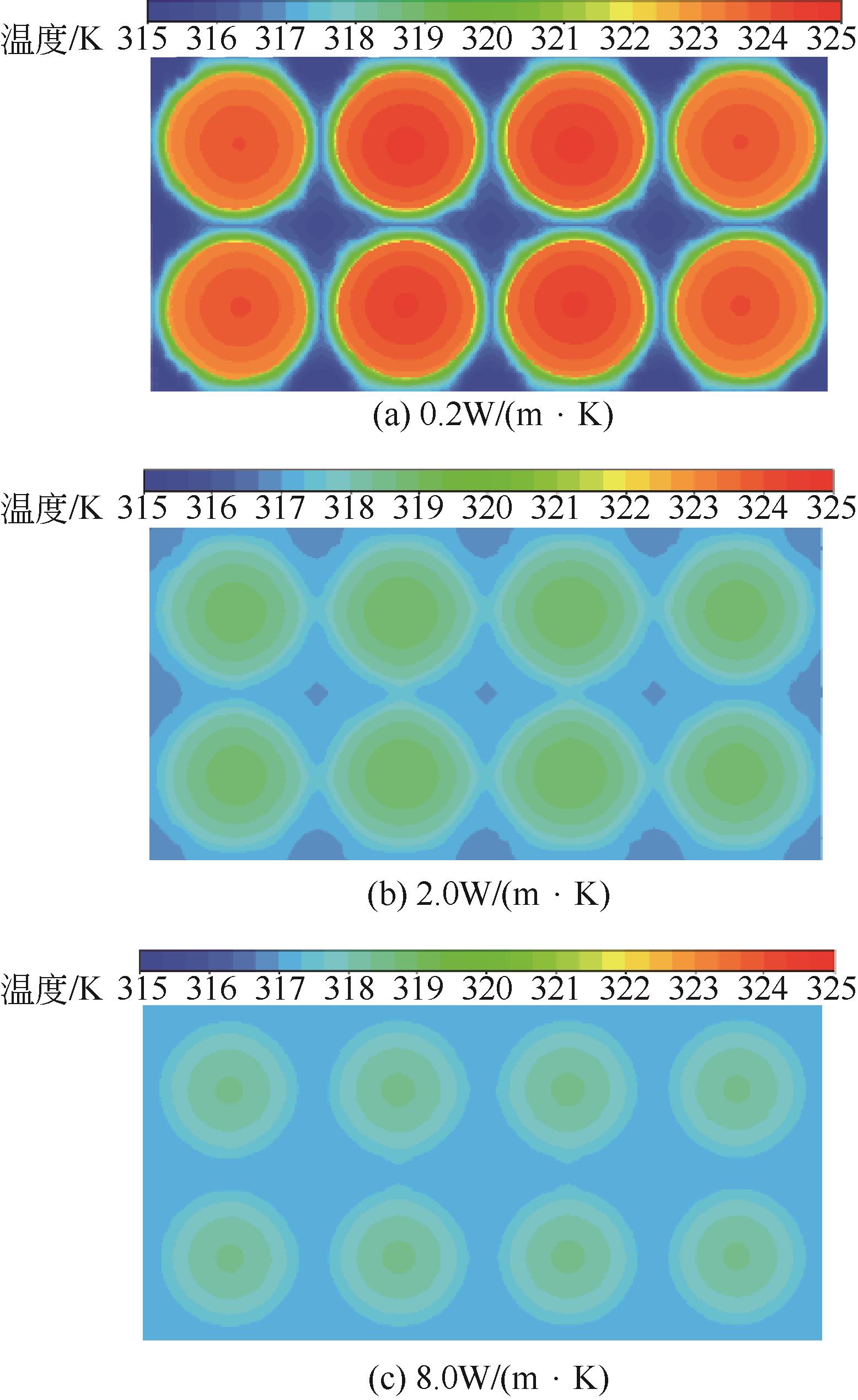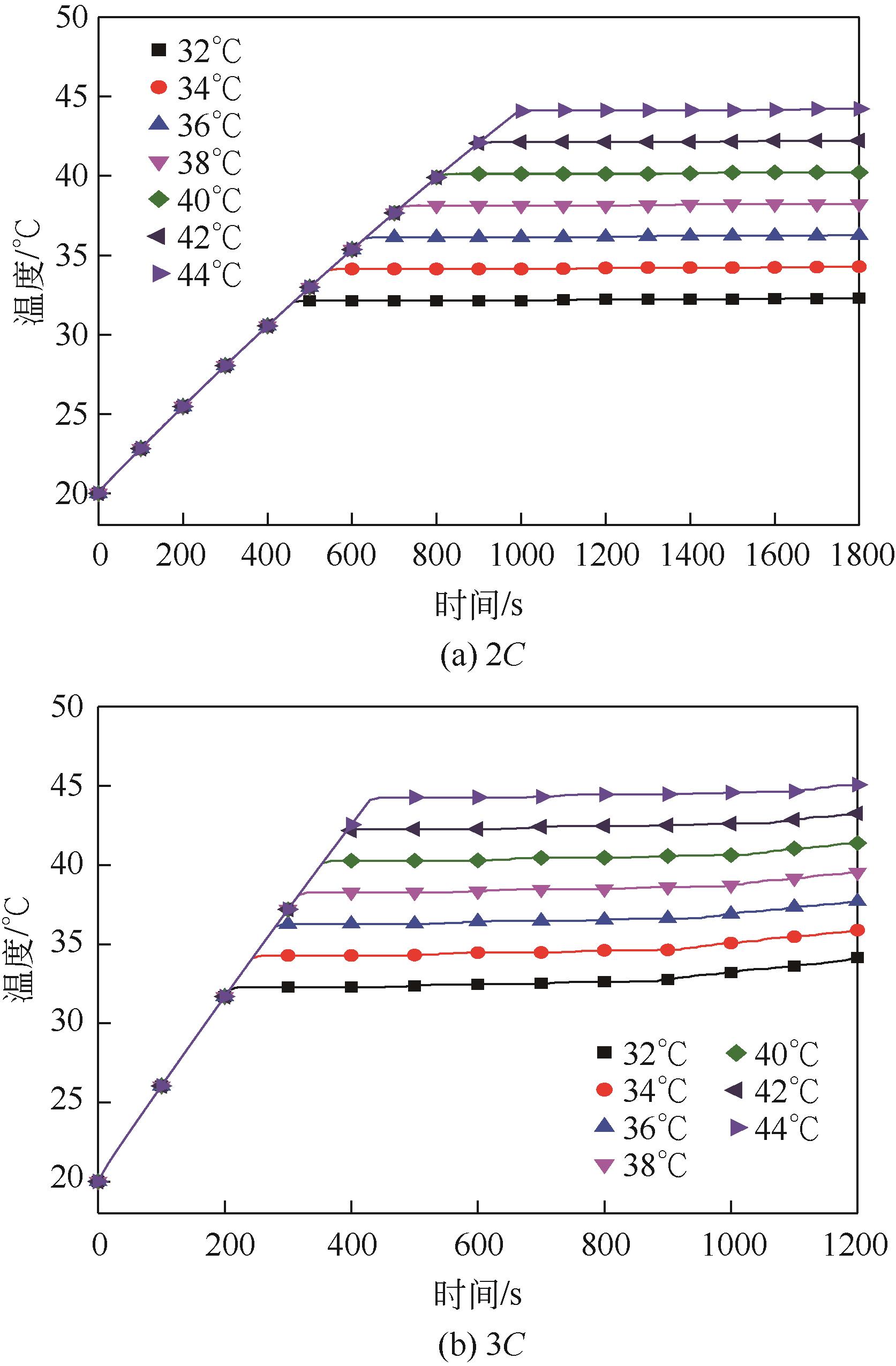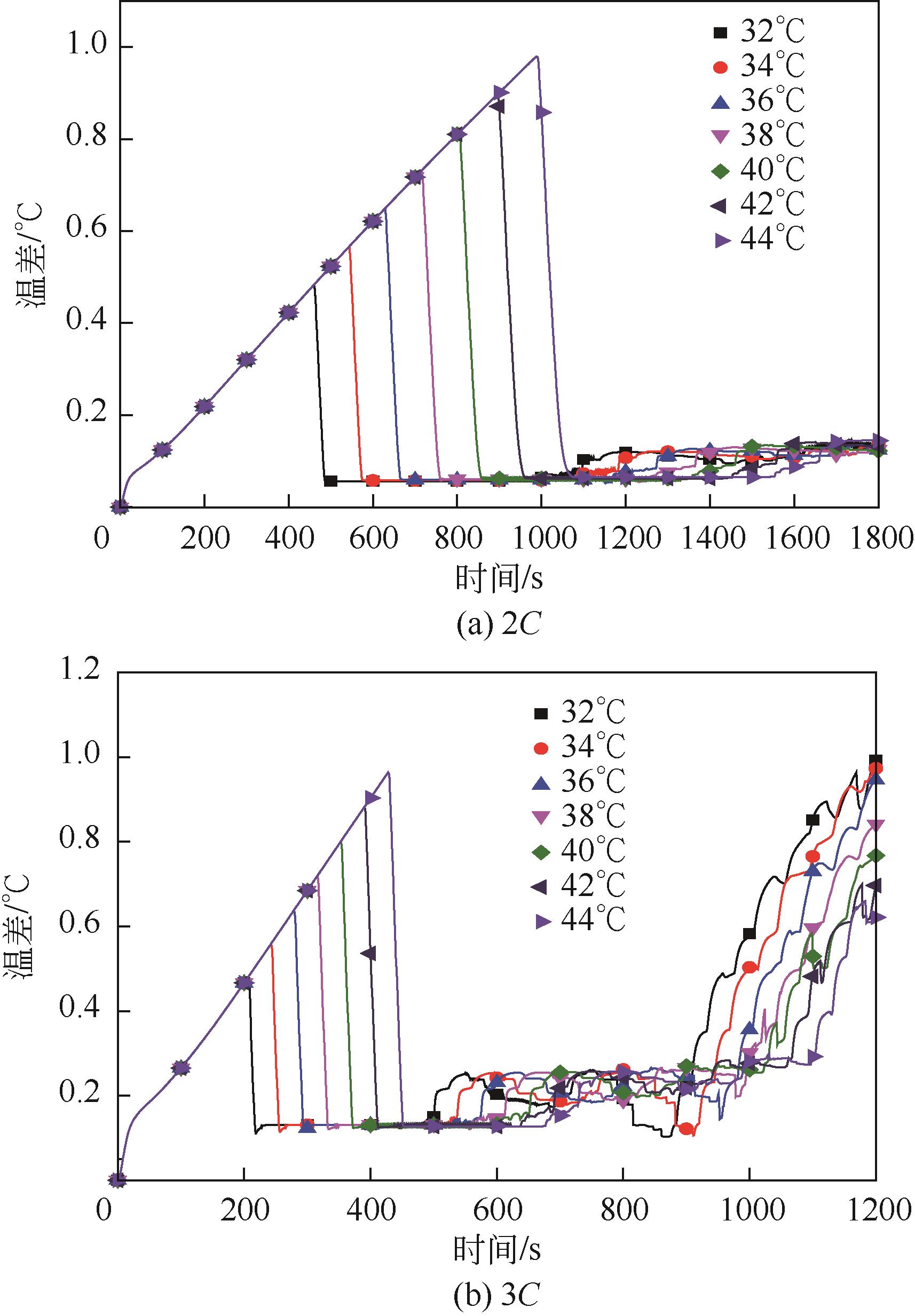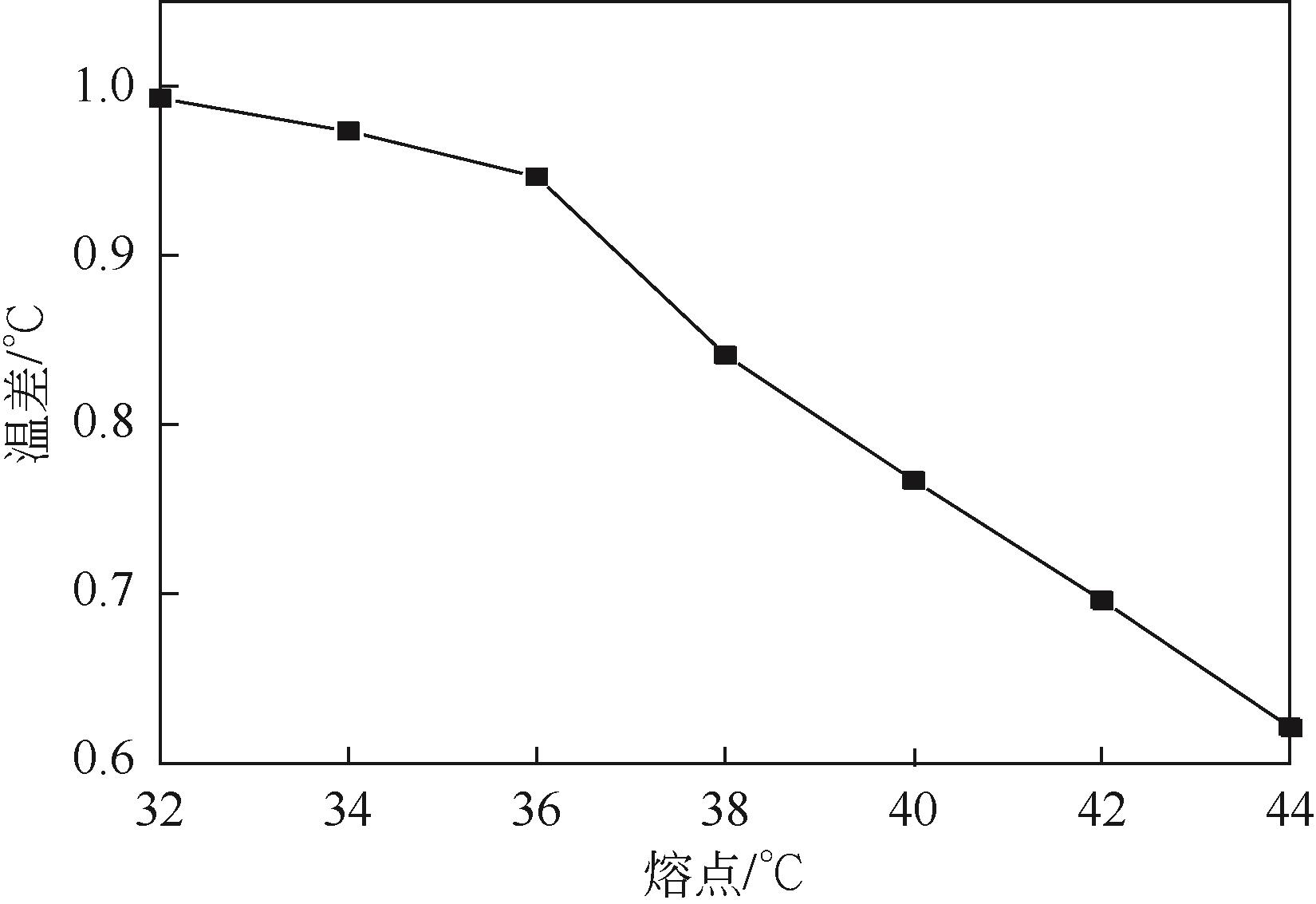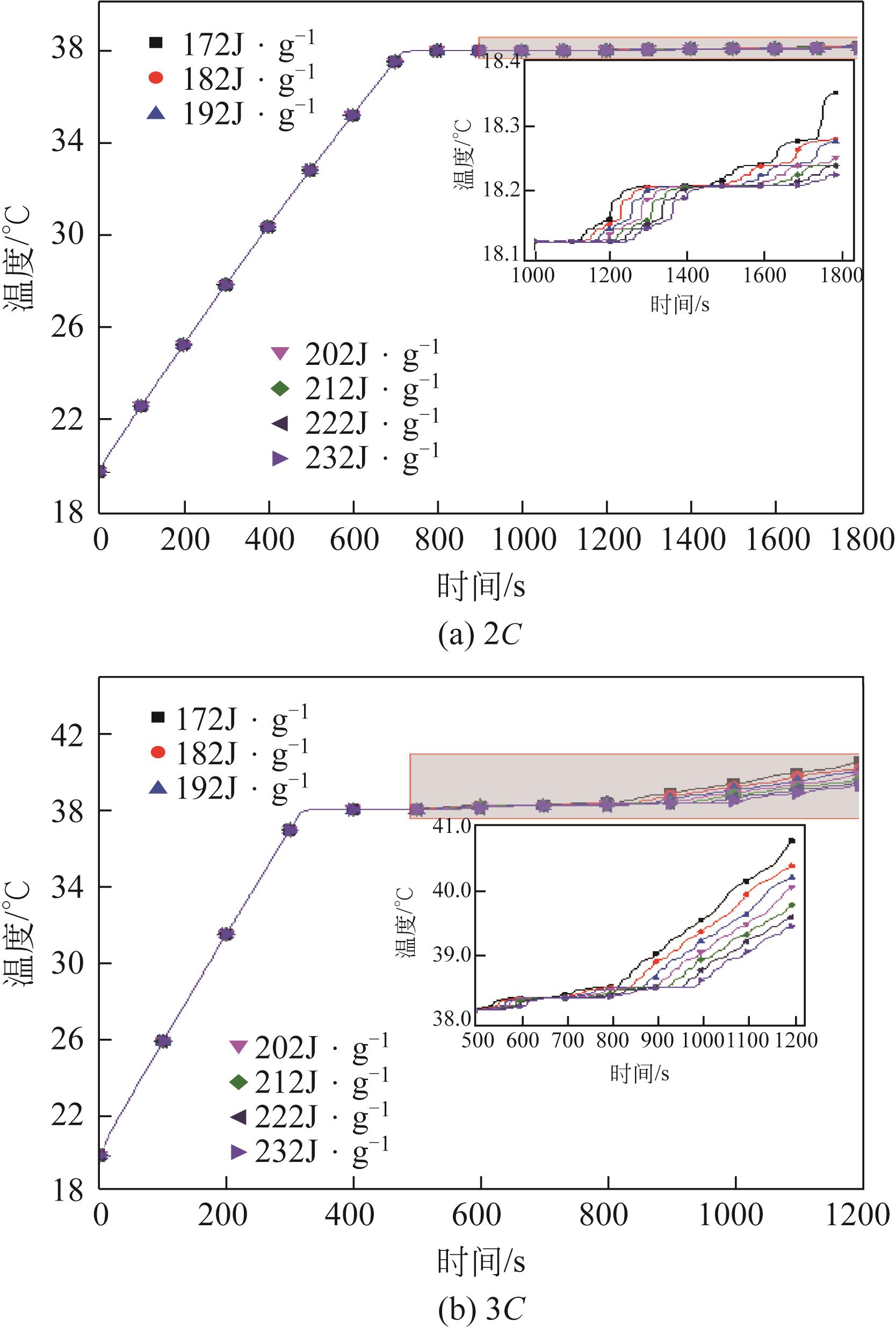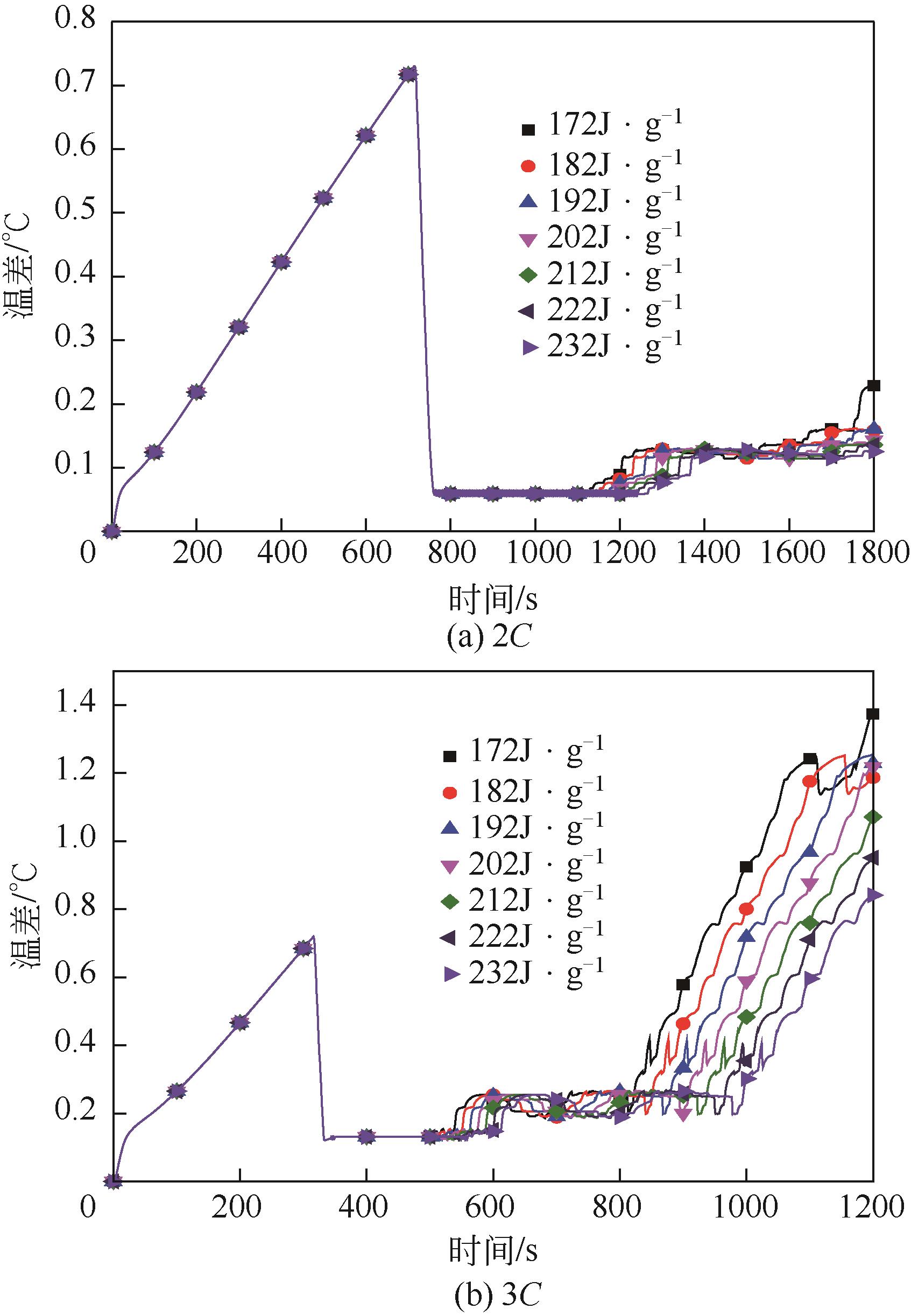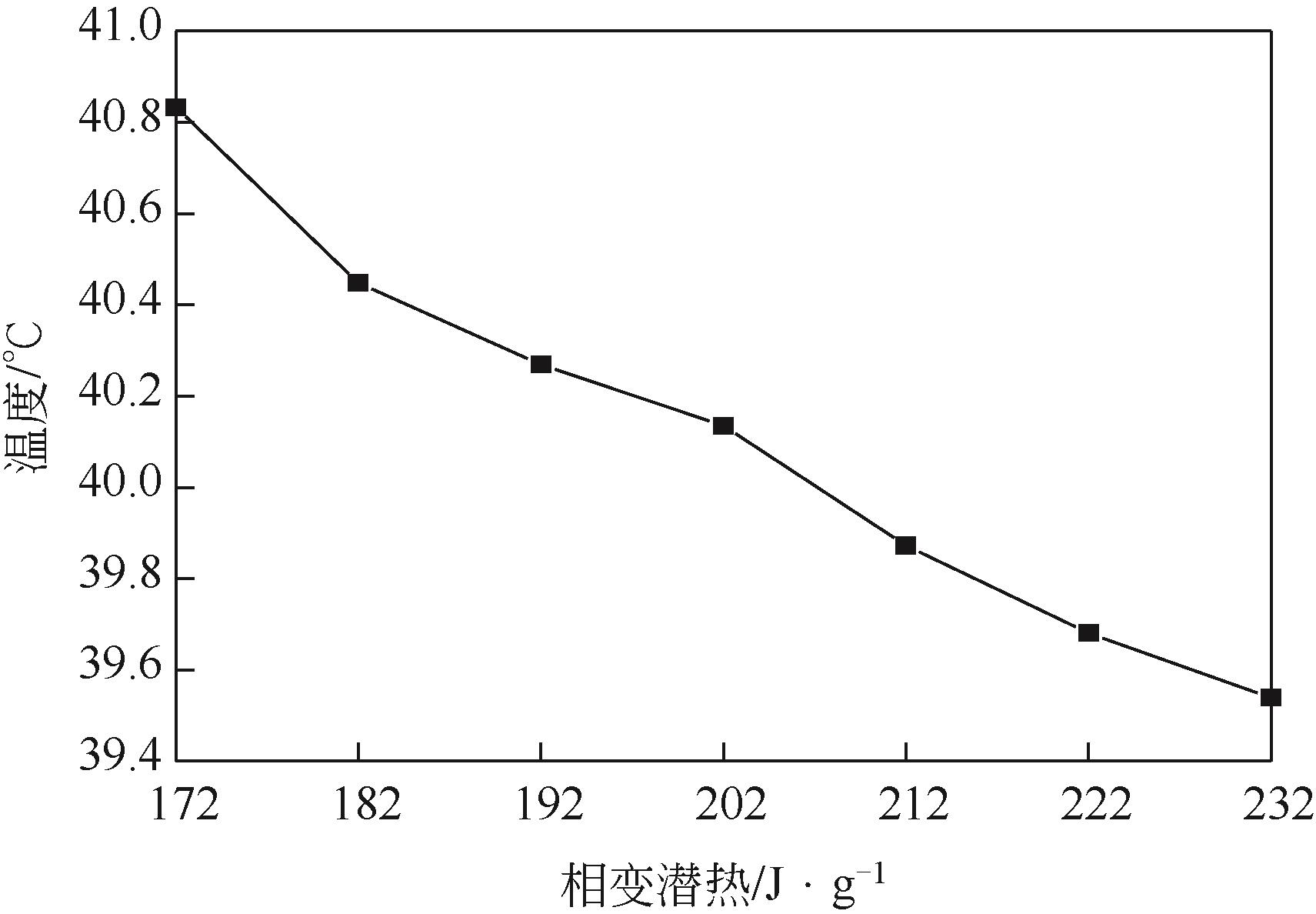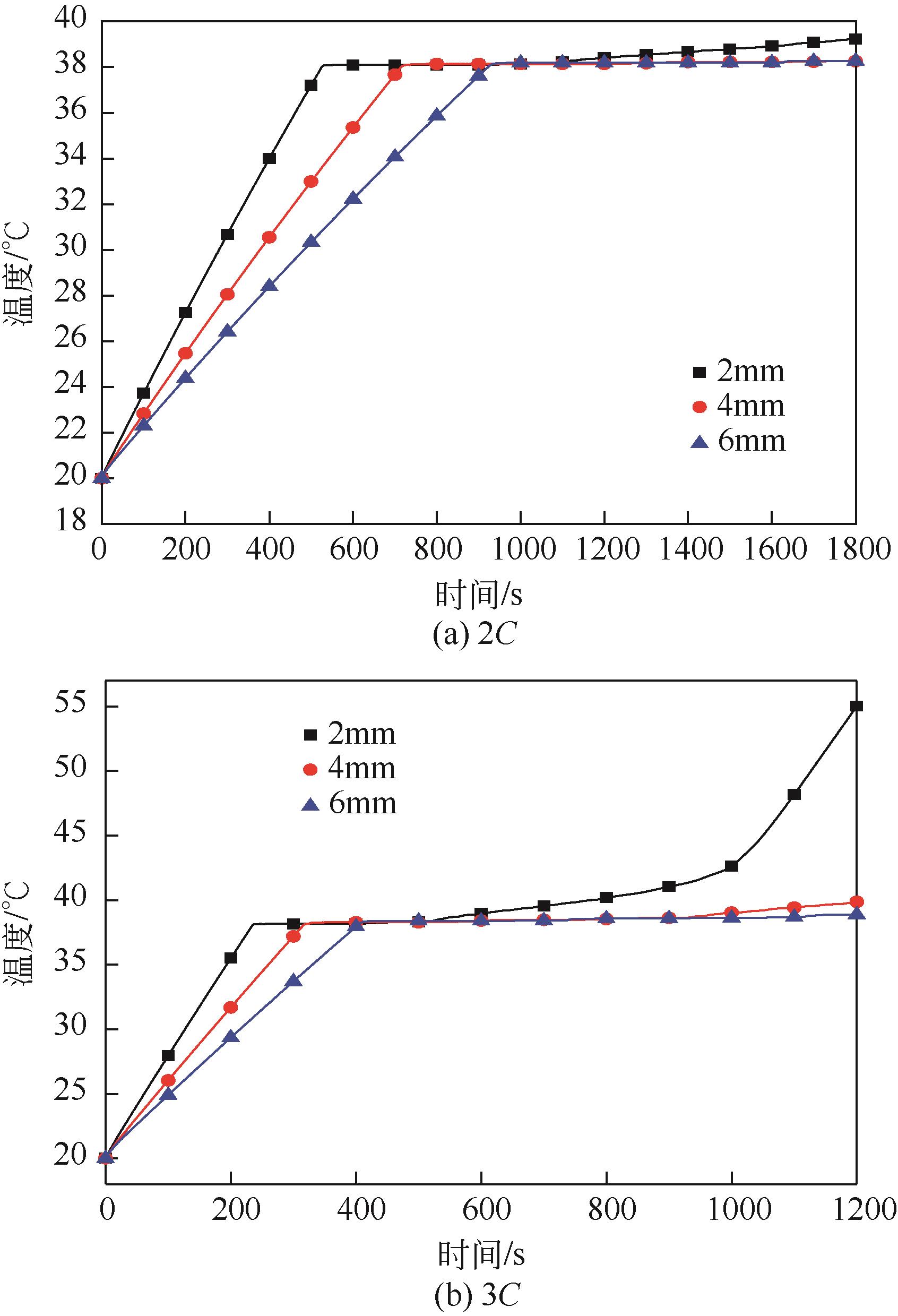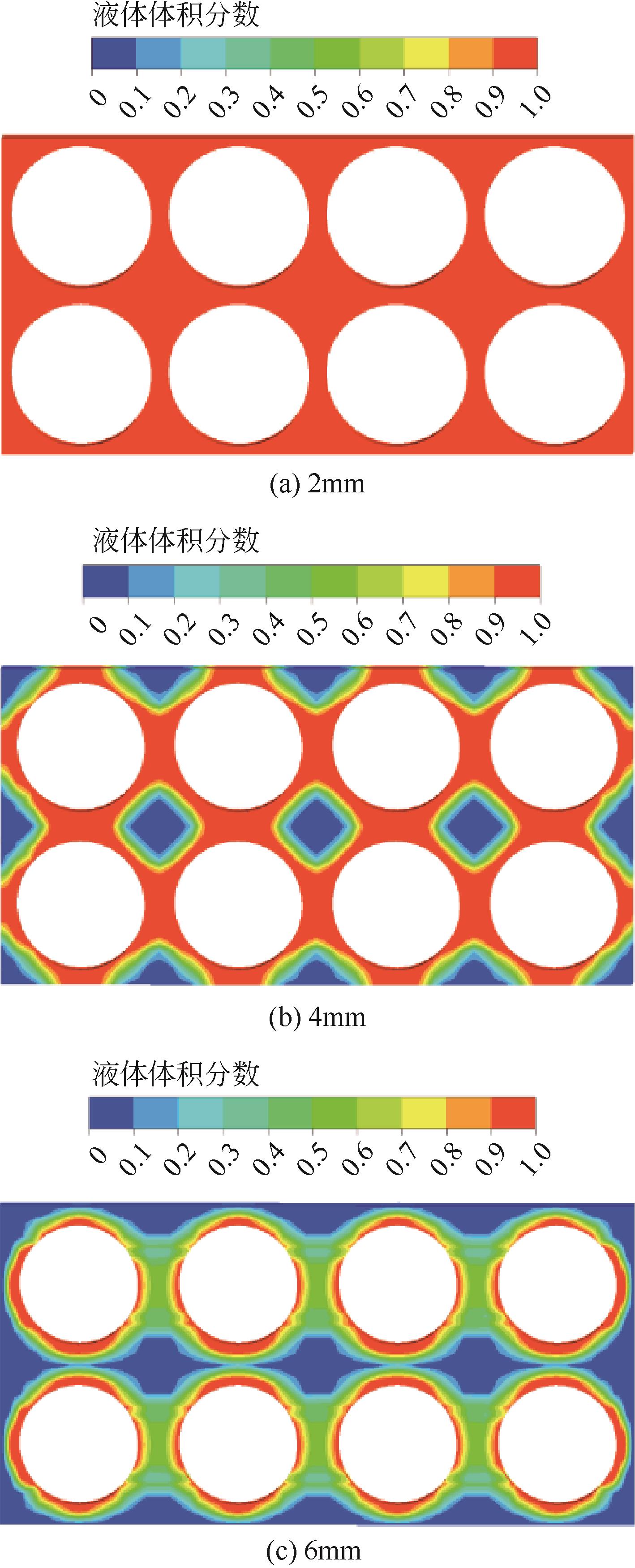| 1 |
张红妮, 张雅丽, 王虹霞. 电动汽车动力电池现状与发展[J]. 汽车实用技术, 2019(6): 16-17, 44.
|
|
ZHANG Hongni, ZHANG Yali, WANG Hongxia. Current status and development of electric vehicle power battery[J]. Automobile Applied Technology, 2019(6): 16-17, 44.
|
| 2 |
OUYANG Dongxu, LIU Jiahao, CHEN Mingyi, et al. An experimental study on the thermal failure propagation in lithium-ion battery pack[J]. Journal of the Electrochemical Society, 2018, 165(10): A2184-A2193.
|
| 3 |
FATHABADI H. High thermal performance lithium-ion battery pack including hybrid active-passive thermal management system for using in hybrid/electric vehicles[J]. Energy, 2014, 70: 529-538.
|
| 4 |
SOMASUNDARAM K, BIRGERSSON E, MUJUMDAR A S. Thermal-electrochemical model for passive thermal management of a spiral-wound lithium-ion battery[J]. Journal of Power Sources, 2012, 203: 84-96.
|
| 5 |
AN Zhoujian, JIA Li, DING Yong, et al. A review on lithium-ion power battery thermal management technologies and thermal safety[J]. Journal of Thermal Science, 2017, 26(5): 391-412.
|
| 6 |
ZHANG Qi, WHITE R E. Calendar life study of Li-ion pouch cells: Part 2: Simulation[J]. Journal of Power Sources, 2008, 179(2): 785-792.
|
| 7 |
唐致远, 管道安, 张娜, 等. 锂离子动力电池的安全性研究进展[J]. 化工进展, 2005, 24(10): 1098-1102.
|
|
TANG Zhiyuan, GUAN Daoan, ZHANG Na, et al. Research on safety characteristics of high power lithium-ion batteries[J]. Chemical Industry and Engineering Progress, 2005, 24(10): 1098-1102.
|
| 8 |
HUANG Yuqi, MEI Pan, LU Yiji, et al. A novel approach for lithium-ion battery thermal management with streamline shape mini channel cooling plates[J]. Applied Thermal Engineering, 2019, 157: 113623.
|
| 9 |
LI Xinke, ZHAO Jiapei, YUAN Jinliang, et al. Simulation and analysis of air cooling configurations for a lithium-ion battery pack[J]. Journal of Energy Storage, 2021, 35: 102270.
|
| 10 |
ZHANG Furen, WANG Pengwei, YI Mengfei. Design optimization of forced air-cooled lithium-ion battery module based on multi-vents[J]. Journal of Energy Storage, 2021, 40: 102781.
|
| 11 |
宋俊杰, 王义春, 王腾. 动力电池组分层风冷式热管理系统仿真[J]. 化工进展, 2017, 36(S1): 187-194.
|
|
SONG Junjie, WANG Yichun, WANG Teng. Simulation of layered air cooling thermal management system for lithium-ion battery pack[J]. Chemical Industry and Engineering Progress, 2017, 36(S1): 187-194.
|
| 12 |
AN Z, SHAH K, JIA L, et al. A parametric study for optimization of minichannel based battery thermal management system[J]. Applied Thermal Engineering, 2019, 154: 593-601.
|
| 13 |
FANG Yidong, SHEN Jiali, ZHU Yue, et al. Investigation on the transient thermal performance of a mini-channel cold plate for battery thermal management[J]. Journal of Thermal Science, 2021, 30(3): 914-925.
|
| 14 |
SIRUVURI S D V S V, BUDARAPU P R. Studies on thermal management of lithium-ion battery pack using water as the cooling fluid[J]. Journal of Energy Storage, 2020, 29: 101377.
|
| 15 |
TOUSI M, SARCHAMI A, KIANI M, et al. Numerical study of novel liquid-cooled thermal management system for cylindrical Li-ion battery packs under high discharge rate based on AgO nanofluid and copper sheath[J]. Journal of Energy Storage, 2021, 41: 102910.
|
| 16 |
WANG Yanan, WANG Zhengkun, MIN Haitao, et al. Performance investigation of a passive battery thermal management system applied with phase change material[J]. Journal of Energy Storage, 2021, 35: 102279.
|
| 17 |
WANG Yan, GAO Qing, WANG Guohua, et al. A review on research status and key technologies of battery thermal management and its enhanced safety[J]. International Journal of Energy Research, 2018, 42(13): 4008-4033.
|
| 18 |
王海民, 王寓非, 胡峰. 石墨-石蜡复合相变材料的圆柱型动力电池组热管理性能[J]. 储能科学与技术, 2021, 10(1): 210-217.
|
|
WANG Haimin, WANG Yufei, HU Feng. Thermal management performance of cylindrical power batteries made of graphite paraffin composite phase change materials[J]. Energy Storage Science and Technology, 2021, 10(1): 210-217.
|
| 19 |
HALLAJ S A, SELMAN J R. A novel thermal management system for electric vehicle batteries using phase-change material[J]. Journal of the Electrochemical Society, 2000, 147(9): 3231.
|
| 20 |
CHEN Fenfang, HUANG Rui, WANG Chongming, et al. Air and PCM cooling for battery thermal management considering battery cycle life[J]. Applied Thermal Engineering, 2020, 173: 115154.
|
| 21 |
HUANG Rui, LI Zhi, HONG Wenhua, et al. Experimental and numerical study of PCM thermophysical parameters on lithium-ion battery thermal management[J]. Energy Reports, 2020, 6: 8-19.
|
| 22 |
吕学文, 考宏涛, 李敏. 膨胀石墨/石蜡复合相变材料相变过程的热分析[J]. 材料导报, 2011, 25(4): 131-133, 137.
|
|
Xuewen LYU, Hongtao KAO, LI Min. Thermal analysis in phase transition process of expanded graphite/paraffin wax composite phase change materials[J]. Materials Review, 2011, 25(4): 131-133, 137.
|
| 23 |
ZHANG Jiangyun, LI Xinxi, ZHANG Guoqing, et al. Characterization and experimental investigation of aluminum nitride-based composite phase change materials for battery thermal management[J]. Energy Conversion and Management, 2020, 204: 112319.
|
| 24 |
LING Ziye, WANG Fangxian, FANG Xiaoming, et al. A hybrid thermal management system for lithium ion batteries combining phase change materials with forced-air cooling[J]. Applied Energy, 2015, 148: 403-409.
|
| 25 |
WU Weixiong, YANG Xiaoqing, ZHANG Guoqing, et al. An experimental study of thermal management system using copper mesh-enhanced composite phase change materials for power battery pack[J]. Energy, 2016, 113: 909-916.
|
| 26 |
ZHANG Xuan, LIU Chenzhen, RAO Zhonghao. Experimental investigation on thermal management performance of electric vehicle power battery using composite phase change material[J]. Journal of Cleaner Production, 2018, 201: 916-924.
|
| 27 |
JAVANI N, DINCER I, NATERER G F, et al. Heat transfer and thermal management with PCMs in a Li-ion battery cell for electric vehicles[J]. International Journal of Heat and Mass Transfer, 2014, 72: 690-703.
|
| 28 |
SABBAH R, KIZILEL R, SELMAN J R, et al. Active (air-cooled) vs. passive (phase change material) thermal management of high power lithium-ion packs: limitation of temperature rise and uniformity of temperature distribution[J]. Journal of Power Sources, 2008, 182(2): 630-638.
|
| 29 |
SATO N. Thermal behavior analysis of lithium-ion batteries for electric and hybrid vehicles[J]. Journal of Power Sources, 2001, 99(1/2): 70-77.
|
| 30 |
BERNARDI D, PAWLIKOWSKI E, NEWMAN J. A general energy balance for battery systems[J]. Journal of the Electrochemical Society, 1985, 132(1): 5-12.
|
 ), 康鹏1, 韩嘉维1, 张朝1, 王立1,2, 童莉葛1,2
), 康鹏1, 韩嘉维1, 张朝1, 王立1,2, 童莉葛1,2
 ), KANG Peng1, HAN Jiawei1, ZHANG Chao1, WANG Li1,2, TONG Lige1,2
), KANG Peng1, HAN Jiawei1, ZHANG Chao1, WANG Li1,2, TONG Lige1,2
